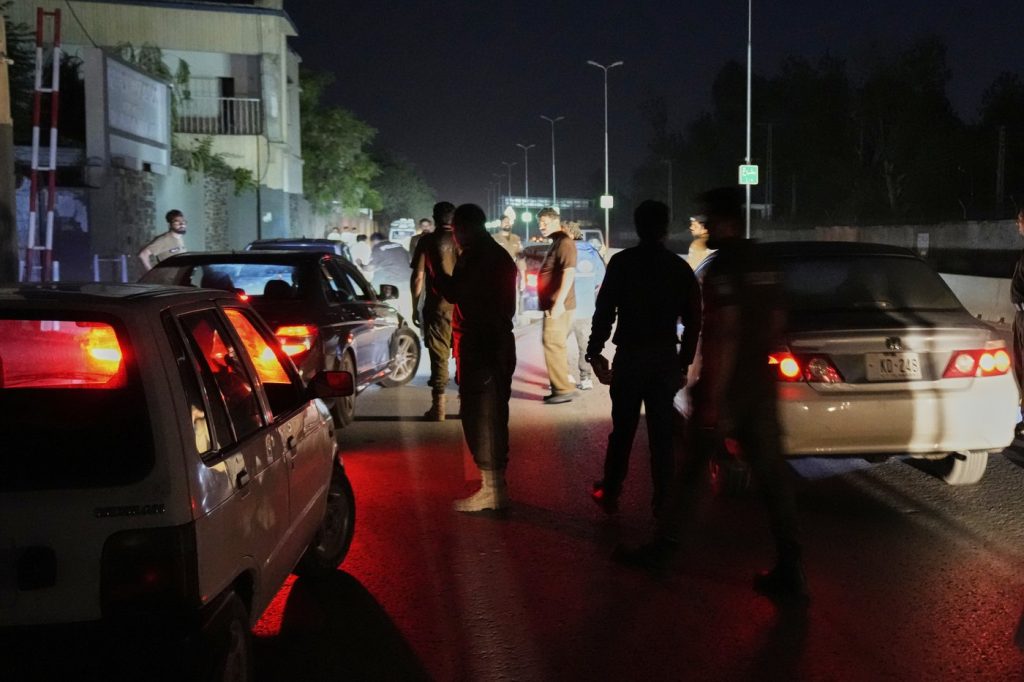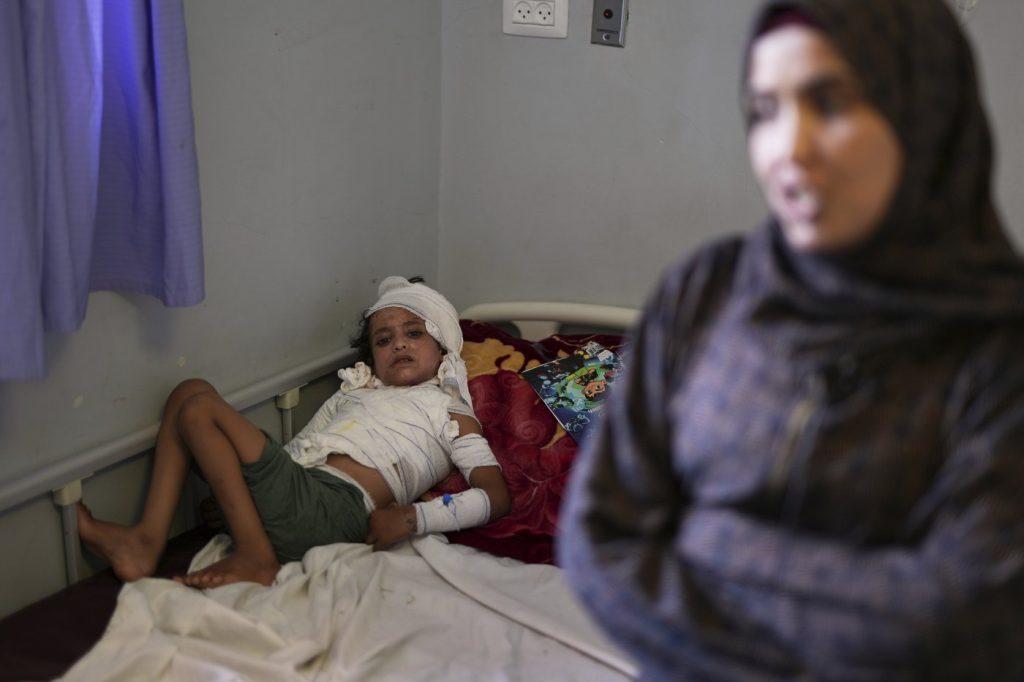On Saturday, tensions escalated between Pakistan and India when Pakistan claimed that India launched missile strikes against three air bases located within its territory. The Pakistani military asserted that most of the incoming missiles were intercepted successfully, and retaliatory strikes targeting India were reportedly underway. This incident marks a significant intensification of a conflict stemming from a massacre in India-controlled Kashmir last month, which India attributed to Pakistan.
The Pakistani military specified that they employed medium-range Fateh missiles to strike an Indian missile storage facility and airbases in the regions of Pathankot and Udhampur. However, independent verification of the reported military actions by either side remains unconfirmed. Lieutenant General Ahmad Sharif, a spokesperson for the Pakistani Army, stated that Pakistan's air force assets remained intact after the Indian strikes, mentioning that some missiles struck India’s eastern Punjab region.
Upon the announcement of heightened military activity, Pakistan's Prime Minister Shehbaz Sharif convened a meeting of the National Command Authority, which is responsible for overseeing the country's missile program and other strategic assets. This military confrontation follows a deadly attack at a tourist site in India-controlled Kashmir on April 22, which resulted in the deaths of 26 civilians, primarily Hindu Indian tourists. New Delhi has accused Pakistan of supporting the attackers, a charge that Islamabad vehemently denies.
Amidst the escalating situation, U.S. Secretary of State Marco Rubio had a conversation with Pakistani Army Chief Asim Munir, emphasizing the need for both nations to deescalate tensions and offering U.S. assistance for constructive dialogue to prevent future conflicts. This call for calm came just prior to the reported Indian missile strikes, which targeted several key air bases, including the Nur Khan air base in Rawalpindi, near the capital, Islamabad.
Residents in Indian-controlled Kashmir reported hearing loud explosions across multiple locations, particularly in the urban centers of Srinagar and Jammu, after Pakistan's announcement of retaliatory strikes. Shesh Paul Vaid, a former top police official from the region, noted that the nature of the explosions felt distinctly different compared to those from recent drone attacks, suggesting a heightened sense of conflict. Local civilian accounts expressed growing fears, as families were startled awake by the sounds of conflict and fighter jets, indicating that military operations were intensifying.
Praveen Donthi, an analyst from the International Crisis Group, indicated that although no formal declaration of war has been made, the situation has unfolded into a relentless military competition lacking clear strategic objectives. With increasing civilian casualties reported on both sides, finding a resolution appears increasingly complex. In a statement regarding their engagements, the Indian Army reported that they had destroyed multiple armed Pakistani drones detected over a military cantonment in Amritsar.
The Indian military criticized Pakistan, labeling its actions as an unacceptable violation of Indian sovereignty. In response to the growing military activity, Pakistan's civil aviation authority suspended operations at the country's airports, while citizens in major cities expressed support for their armed forces amid heightened nationalistic sentiments.
Both nations have engaged in reprisals and heavy cross-border fire over recent days, leading to civilian casualties on either side. The Group of Seven (G7) countries urged both India and Pakistan to exercise maximum restraint, expressing concerns that further escalations could jeopardize regional stability.












